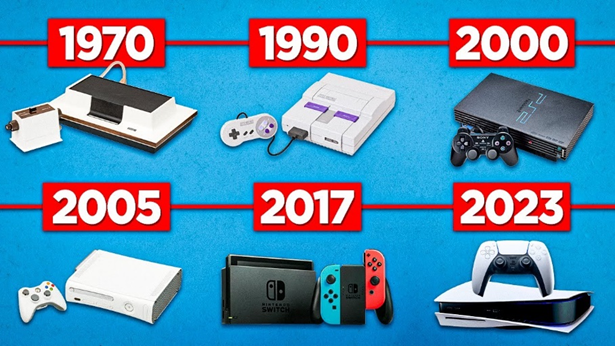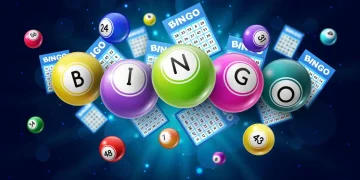The Evolution of RNG: How Randomness Shapes Modern Video Games
If you’ve ever felt like a video game just knows when to give you a break—or completely crush your momentum—then you’ve already met one of the most fascinating mechanics in modern game design: RNG.
What is RNG?
RNG stands for Random Number Generator. In video games, it’s a system used to produce unpredictable outcomes. Think about loot boxes in Overwatch, crit chances in Pokémon, or item drops in Dark Souls. All of these rely on RNG to introduce variability into gameplay.
It’s what keeps the experience fresh and sometimes frustrating. Without randomness, games would be predictable, and predictability is the enemy of long-term engagement.
RNG in Classic Games
Randomness isn’t a new invention. Early games like Rogue and Tetris relied heavily on it. Roguelike dungeon generation and block sequencing are examples of simple, yet impactful, applications of RNG. Even the original Pokémon Red used it for calculating whether your Pokéball would catch a Pokémon or not.
These systems were constrained by the hardware at the time, but even then, developers understood the thrill of chance.
The Psychology Behind It
RNG taps into a deep psychological trigger known as variable ratio reinforcement—the same principle used in slot machines. It’s not the guaranteed reward that’s addicting, but the chance of a big payoff. This is why randomized loot drops, critical hits, and procedural levels continue to thrive.
Games like Diablo, Genshin Impact, and even sports titles like FIFA Ultimate Team are built around this core idea. And while it’s exciting, it’s also led to intense debates around fairness, pay-to-win systems, and gambling mechanics—particularly when real money is involved.
RNG vs. Skill: Where’s the Line?
Critics often argue that too much RNG undermines skill. For instance, in competitive games like Hearthstone, where card draw order can make or break a match, players sometimes feel robbed by poor luck.
On the flip side, randomness can level the playing field. It gives less skilled players a fighting chance, which can be good for casual matchmaking and broader accessibility.
A game that balances RNG and player agency well is often more rewarding. Titles like Slay the Spire or Into the Breach show how calculated randomness can enrich strategy rather than replace it.
Randomness Outside the Game World
Interestingly, the concept of chance isn’t just confined to traditional video games. It’s been explored across entertainment platforms—tabletop games, mobile apps, even web-based experiences. While researching the link between randomness and user retention, I stumbled upon a quirky article on this site that, oddly enough, mentioned kongbet in a broader discussion of probability in online environments.
It’s fascinating to see how far-reaching the concept of RNG has become, extending beyond just gameplay mechanics into digital culture at large.
Conclusion
RNG isn’t just a technical function buried in game code. It’s a design philosophy, a psychological hook, and sometimes a source of heated debate. Whether you’re farming for legendary gear or hoping that your next move in a strategy game hits the mark, randomness keeps you guessing—and coming back.














